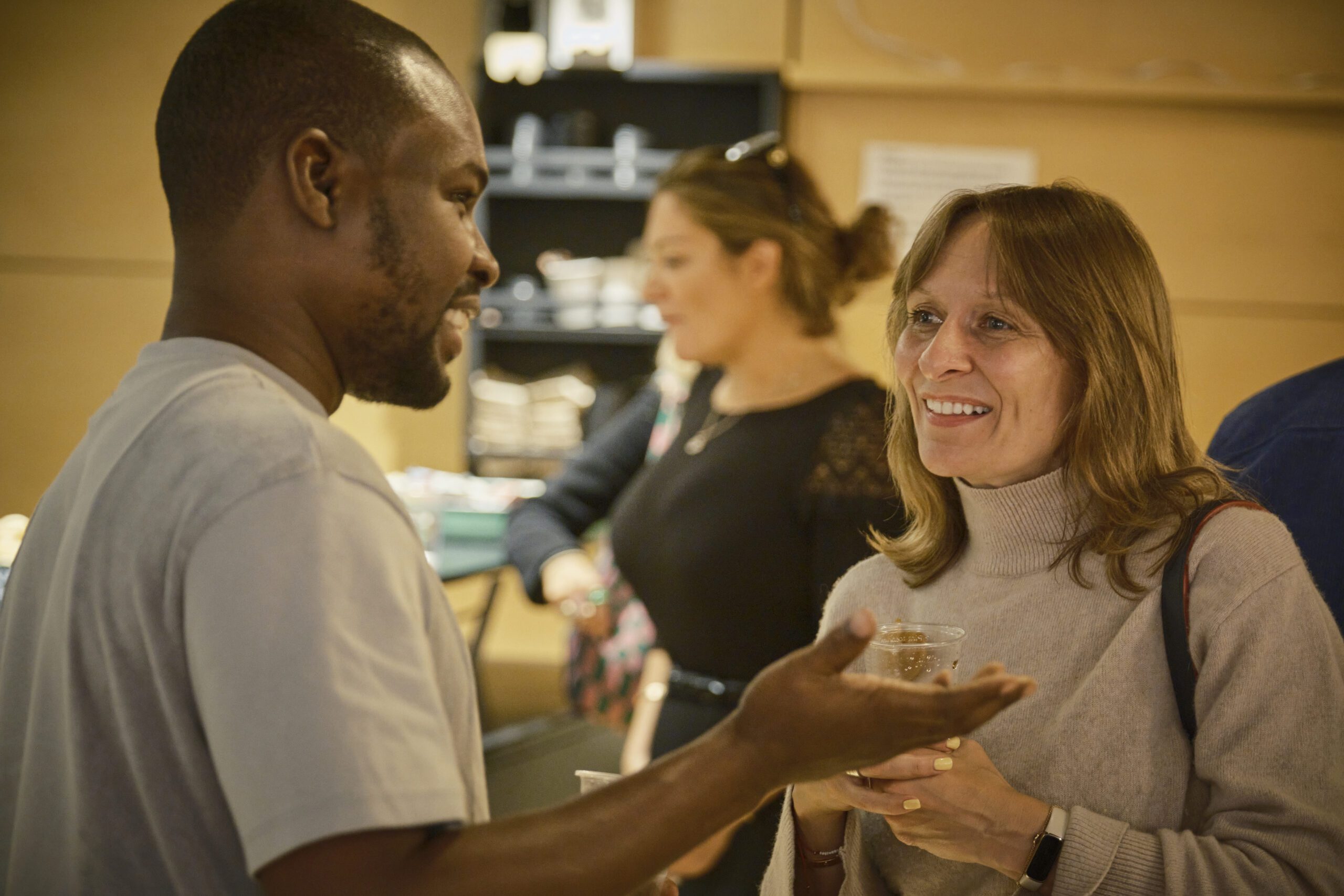Advice for voice acting and performers looking to get started in the voice over industry.
I’ve always been interested in voice over work. You don’t need to learn the lines, and there’s a huge variety of work out there – from commercials and audiobooks to video games and podcasts. But beyond recording a voice demo and petitioning a list of agents, I didn’t really know where to start.
This situation changed for me when I did Guy Michaels’ Voiceover Kickstart course and learned that the industry was evolving alongside technology at a rapid pace. As businesses find it more affordable to set up their own websites and advertise online, there is an ever-growing market for voice acting talent. Explainer videos, promos, company introductions – the demand has only expanded with people expecting video media as a standard.
If you want to start getting jobs as a voice actor, here are five things you should do to perfect your voice acting:
1. Work with a Voice Coach
I know this may not be what you want to hear, especially if you’ve already spent thousands of pounds on drama school, but working with a coach is crucial to knowing what’s demanded of different reads, where your strengths and weaknesses lie, and what you need to do to address them.
Yes, we all know people who are booked ‘just’ for their voice, but some sessions with an experienced, knowledgeable coach will make your successes conscious ones, rather than simply by chance. You’ll also get to know what type of work best suits you.
When I started out, I never dreamed (if anyone ever does) that corporate explainer videos would be one of my biggest sources of work – but once I did, it became a key focus as an income stream.
2. Record a Voice Demo
Like a headshot, your demos are a calling card for yourself as a professional, so if you’re the kind of person who thinks a selfie on your iPhone will suffice, by all means record these demos yourself. But for the actual professional, talk to as many people as you can about who they would recommend – listen to demos on agency websites, and work out what works and what doesn’t – and only then book a recording session.
This also goes hand in hand with voice actor training: don’t walk before you can run. I recorded my first demo straight out of drama school, and listening back, there are some tracks that are absolutely horrific. This is why it’s important to do some training first – the person recording your demo will give you direction on the day, but they won’t have the time to teach you the fundamentals.
Take a look at Spotlight Contacts for help with voicereel services.
3. Connect with Voice Professionals
There are several brilliant organisations that offer resources, webinars and workshops for voice over actors at all levels of experience. These are vital places to learn about the industry, meet and talk with like-minded people, enter into conversations on everything from rates to performance techniques to equipment, and so much more. I find the services offered by The VoiceOver Network, Gravy for the Brain and Voiceover Kickstart invaluable for voice actors.
4. Build a Voice Over Home Studio
Thanks to technology, people are now able to record their voice acting at home. As a result, you need to be both the artist and the engineer. An improvised set-up including a mic, pre-amp and editing software will set you back a few hundred pounds to get started. Educate yourself in using them and how to soundproof and acoustically treat your recording space.
I was a complete novice at all of this to begin with, desperately experimenting with my duvet propped up by a random oar a flatmate had found on a night out (don’t ask). But I booked my first job with it. Thanks to a host of online resources and a lot of trial and error, I started to learn what I was doing.
If you’re really serious in the medium to long term you also need to plan on building or buying some form of vocal booth that gives your voice acting a professional, consistent sound.
If you would like to create a home recording space, take a look at Spotlight’s guide for setting up a voice over studio at home.
5. Look for Voice Work
One of the most well-trodden paths is pay-to-play (or P2P) sites, where you pay a subscription to have access to auditions. As the gig mentality grows, a whole host of freelancing sites have also come to the fore, where you simply create a profile and let the work (hopefully) come to you.
But perhaps the most important way is by direct marketing. Fundamentally, this involves creating a brand – an online presence for your voice over services – which you can then draw traffic to by cold-calling, emailing and networking with potential clients. Basically, it means you need to learn how to hustle, to cultivate a list of clients which you can start to build relationships with.
I got my first TV commercial from a cold call to a company. I did my first mo-cap session for a virtual reality game through a studio that a colleague recommended to me. I know the more energy and time I spend learning, practising and marketing my voice acting, the greater the level of success. Voice is a sector that compliments my acting work (both in terms of practise and flexibility) means that I certainly don’t regret trying.
It’s not easy and it is essential to educate yourself about the voice acting industry – but if you make the effort, it can really work.
More Voice Acting Advice:
- New voice skills added to Spotlight search
- Progressing your voice career with The VO Social
- What’s your vocal range and voice type?
 Christopher graduated from the Central School of Speech and Drama in 2008. Since then, he has performed in a wide variety of theatre work both in the UK and internationally. This year he was nominated for an Off West End Award, and he also works full-time as a voice over artist from home. See more of what he’s up to on his website.
Christopher graduated from the Central School of Speech and Drama in 2008. Since then, he has performed in a wide variety of theatre work both in the UK and internationally. This year he was nominated for an Off West End Award, and he also works full-time as a voice over artist from home. See more of what he’s up to on his website.
Headshot credit: Phil Sharp



















